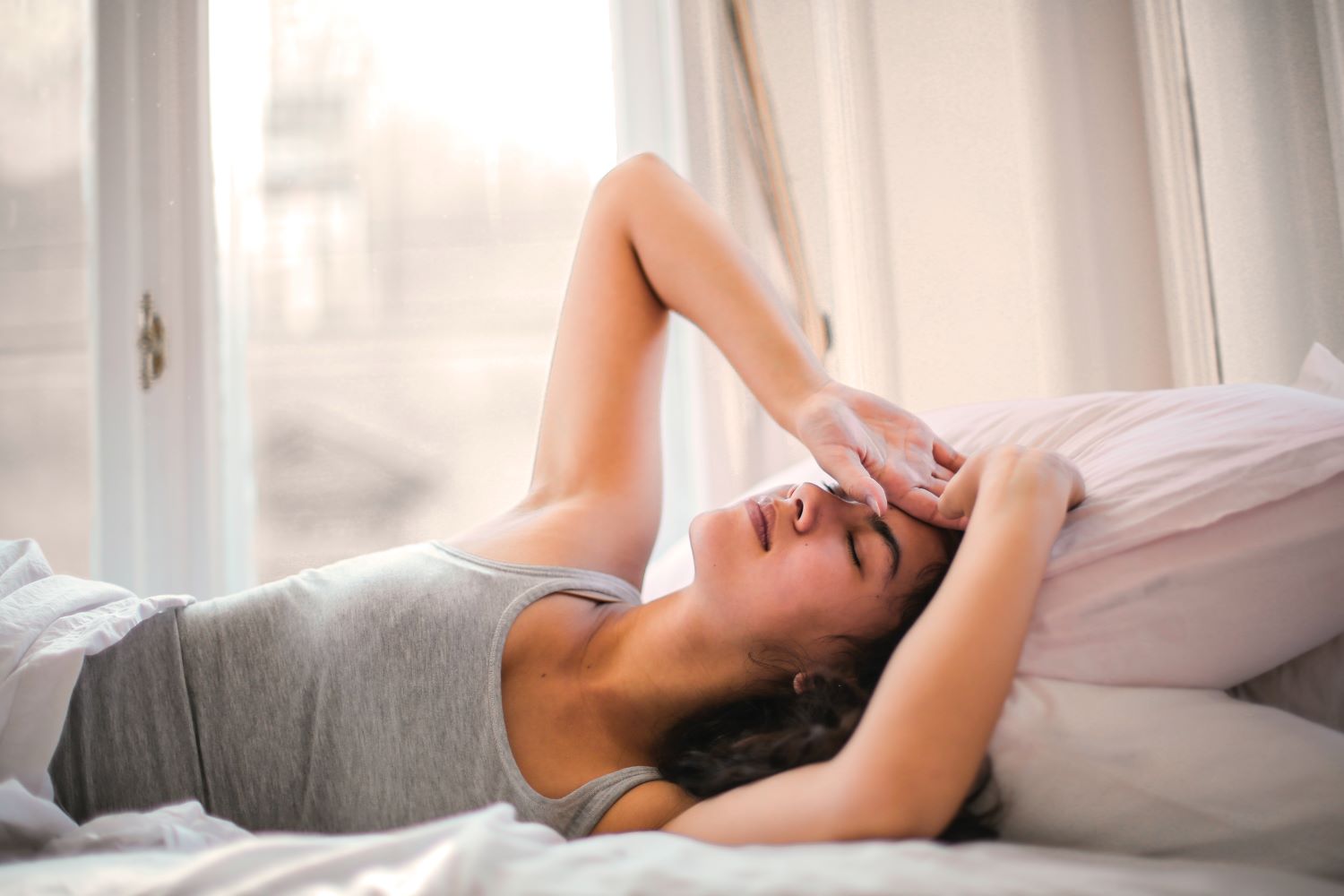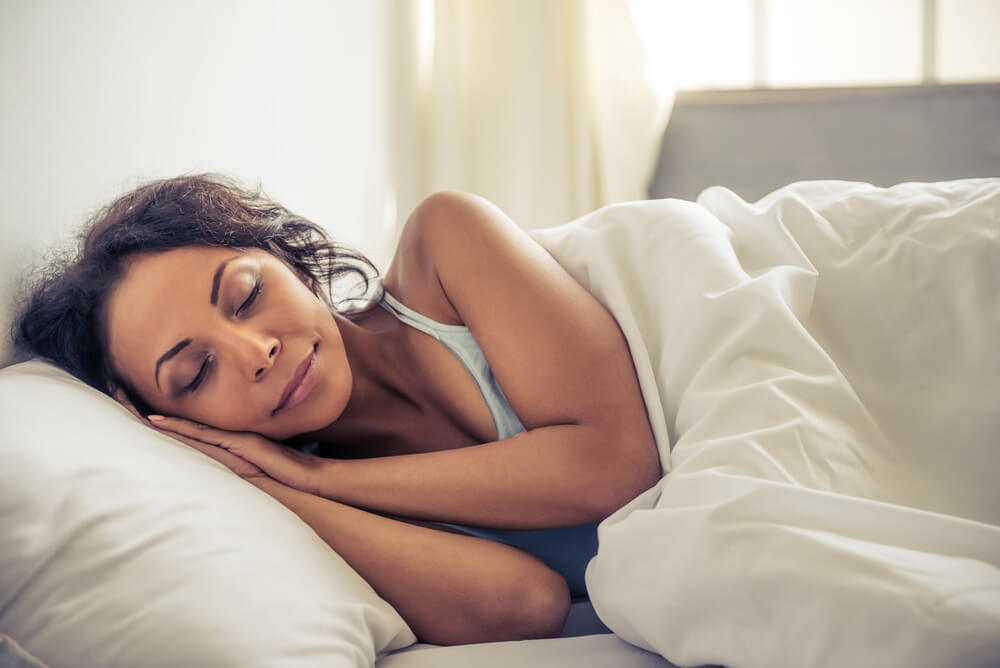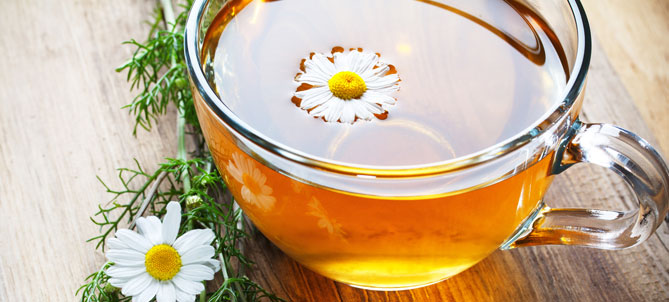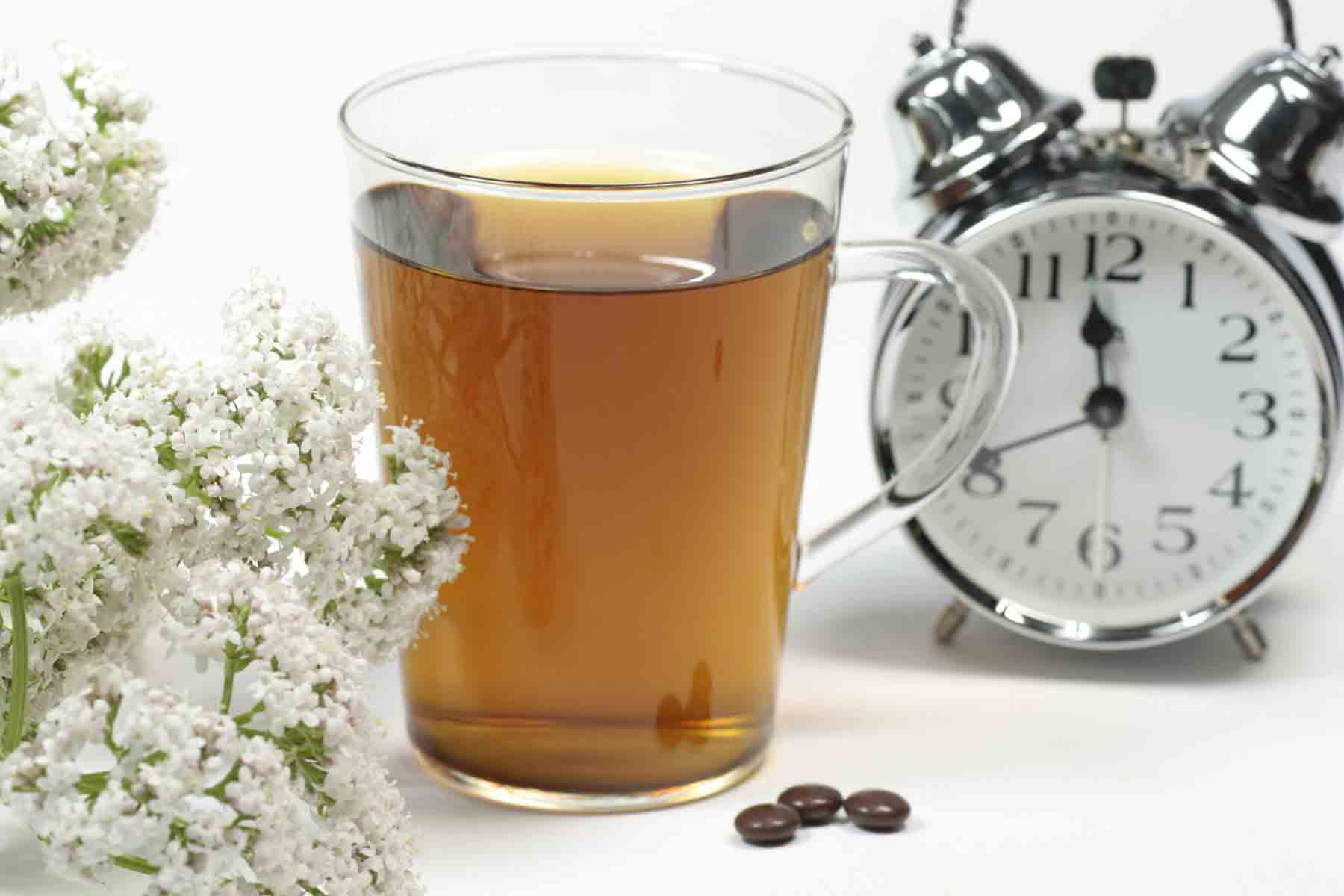According to the Center for Disease Control and Prevention, nearly 70 million Americans suffer from chronic sleep problems. While some of these problems are related to tangible physical causes such as sleep apnea or restless leg syndrome, far more have nebulous origins at best.
In other words, while nearly 60% of Americans say they experience some sort of sleep problem every night (waking early, difficulty falling asleep, or waking unrefreshed), most do not know why they do. While it would be comforting to believe that a single, nameable culprit lies at the heart of our sleeping difficulties, it is far more likely that a variety of factors come into play — and that the blame lies not with any one particular thing, but rather within a variety of habits and lifestyle choices that lead to poor sleep hygiene.
Erratic bedtimes, caffeine consumption, the use of electronic devices; a few relatively benign habits can combine to wreak havoc on the quality and quantity of our sleep. So if you find yourself having trouble nodding off, waking too early, or just not getting the rest you want and need, ask yourself the following questions to determine if poor sleep hygiene is breeding the conditions of a bad night for you.
1. What is your sleep schedule like? Sleep is all about rhythm, a delicate dance of hormones that respond to light and dark, telling us when we should be wakeful and when we should rest. But when we wake up and go to bed at different times each day, we make it difficult for our body to develop a consistent rhythm. The first step in any good sleep routine, then, should be to set a consistent bed-time and wake-time every day of the week — even on weekends — that allows for at least seven hours of uninterrupted rest.
2. How much caffeine do you consume — and when? One of the first things to think about when plagued by sleep problems is caffeine, that stimulating chemical that proves invaluable to us on sleepy mornings, but can be our worst enemy when the lights go off. If you have trouble sleeping, try limiting consumption to no more than 1 or 2 cups of coffee before noon. Watch for hidden sources of caffeine as well such as many carbonated beverages and energy drinks, chocolate, tea, and even some over-the-counter weight-loss drugs.
3. How do you spend the hour before bed? If you are like most Americans, you are either watching television, working on a computer, or looking into the screen of a smart phone. But these sources of concentrated artificial light may be over-stimulating your brain, suppressing the production of the sleep-inducing hormone melatonin, and provoking your brain into a more alert, wakeful state that makes sleep difficult. Try switching off all electronic devices at least an hour before bed, and spend that hour doing something more relaxing instead — such as having a bath or reading. And while a light walk or gentle yoga might be helpful, intense cardiovascular activity should be avoided — as should heavy foods or big meals.
4. Is your bedroom sleep friendly? The bedroom should be for two purposes only: sleep and physical intimacy. Anything besides these two activities should be kept out — especially anything work related. The bedroom should be a sanctuary where the rest of the day is left behind. Any electrical devices should be kept to a minimum. Colors should be soft and non-stimulating; bedding should be as comfortable as possible. Noise and artificial lights should be blocked out, but not daylight; keep the windows un-shuttered so that natural daylight can stimulate the body's circadian rhythm and help you wake more naturally. Try and make your bedroom as soothing and comfortable a space as possible.
More than likely, you've identified a few changes you can make. Combine these with a few soothing bedtime herbs like chamomile, Valerian, Passionflower or lavender and you will find yourself well down the path to better sleep hygiene and a good night's rest.
Writer Danielle Charles Davies has a BSc in Herbal Science from Bastyr University and in addition completed two years of clinical training at the Vermont Center for Integrative Herbalism. She has a Masters Degree in Writing and has written for the the American Herbalists Guild and has also served as a food columnist. Her musings, and recipes, can be found at her blog, Teacup Chronicles.
For educational purposes only. This information has not been evaluated by the Food and Drug Administration. This information is not intended to diagnose, treat, cure, or prevent any disease, or sell any product.
Further Reading






